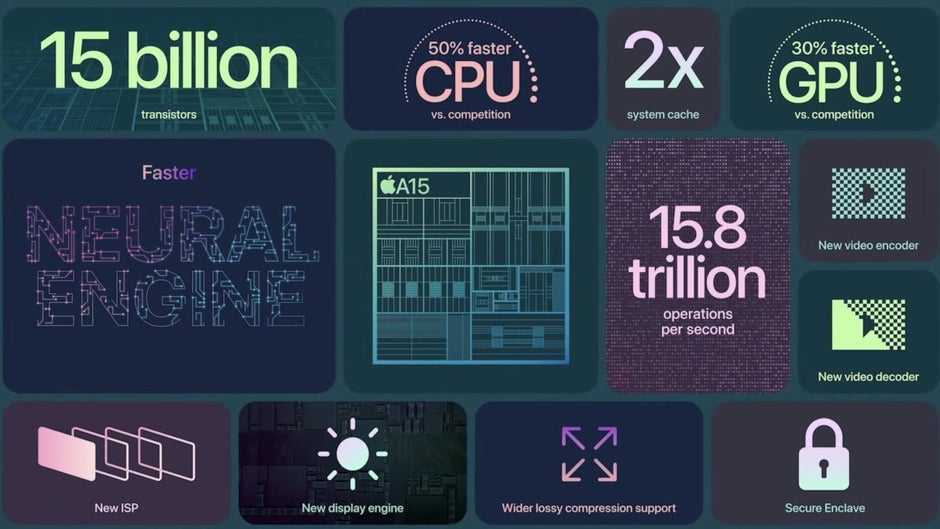Back in August, TSMC gave us some bad news. Due to the complexity of advancing to the next major process node, 3nm, TSMC was delaying production until 2023. As a result, Apple would not be able to use 3nm chips for the A16 Bionic chipset and the iPhone 14 line.
In simple terms, the lower the process node, the more transistors fit inside a chip. And the more transistors inside a chip, the more powerful and energy-efficient that component is. At first, it appeared that with 3nm delayed, TSMC would produce the A16 Bionic using its 4nm node.
TSMC still might be able to deliver a 3nm A16 Bionic chip in time for the iPhone 14 line
This has been a tough year for the global chip industry thanks to a worldwide shortage
This has been a tough year for the global semiconductor industry as a worldwide shortage has impacted foundries around the world. The problem does relate to the pandemic as automobile manufacturers expected sluggish demand for new vehicles while the virus was raging. But surprisingly strong demand for new cars ended up leaving automakers short of the chips that have become so important to the production of new cars.
Starting to panic, the manufacturers ordered large numbers of new chips essentially buying all of the components that they could get their hands on. As a result, tech firms found themselves int he unwanted positioned of scrambling for chips. Even Apple, which has an enviable relationship with TSMC, said that the chip shortage has it $6 billion in revenue.


